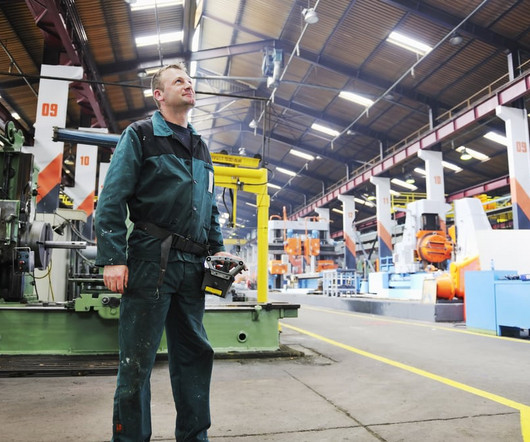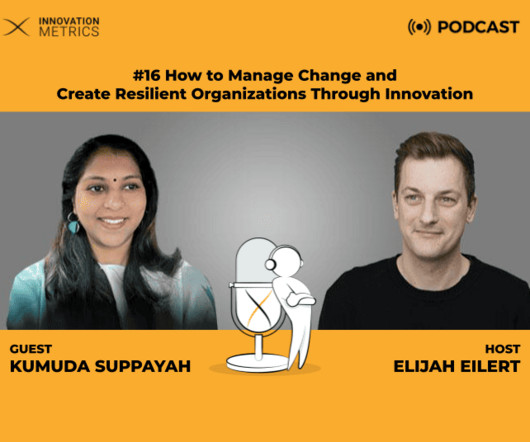5 Types of Manipulators at Work
Harvard Business Review
OCTOBER 12, 2023
Lots of variables influence our day-to-day decision making — though perhaps none more potently than the attitudes and preferences of other people. The human instinct to seek belonging with others helps us collaborate and build systems and societies. But it also gives ill-intentioned people an opening to mislead, lull, and even coerce us into serving their interests instead of our own.






















Let's personalize your content